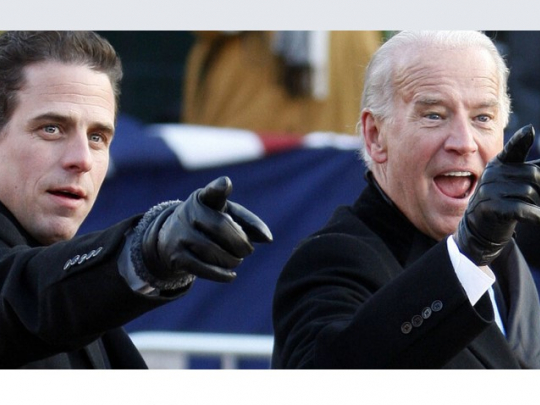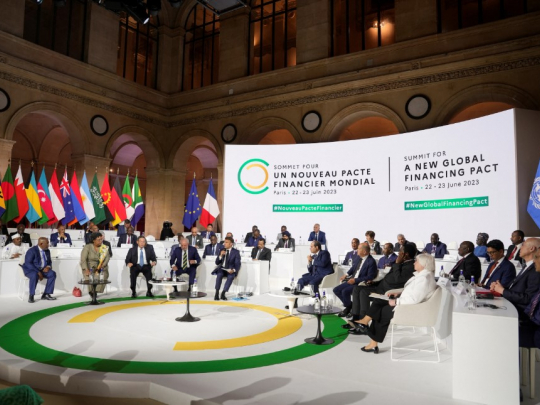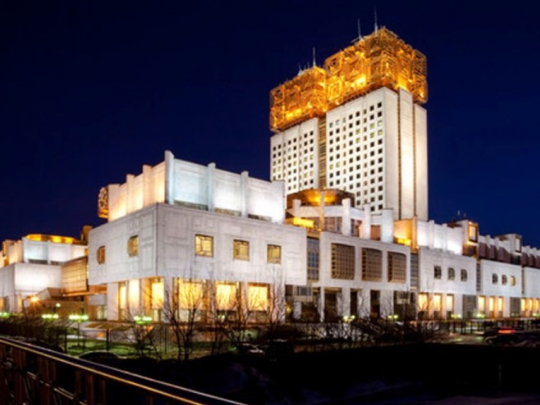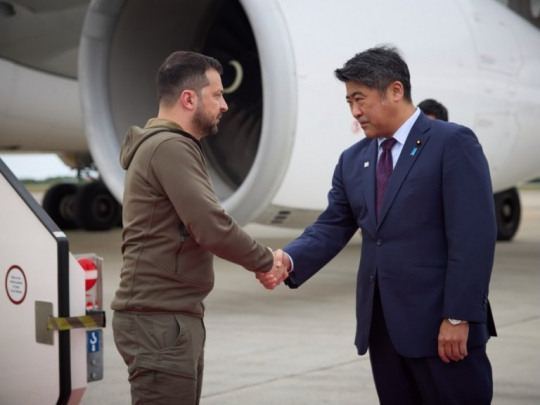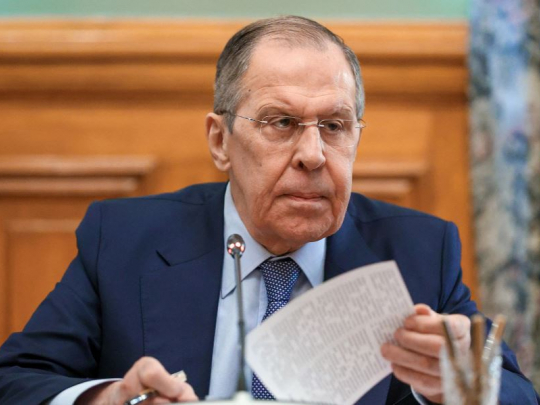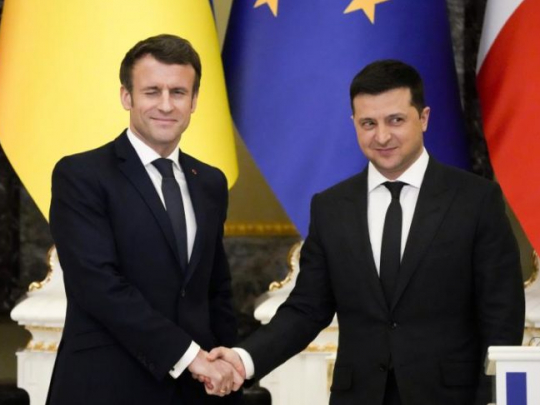Ditching Dollars, Prioritizing China & India, De-Westernizing: Inside Russia’s New Security Strategy
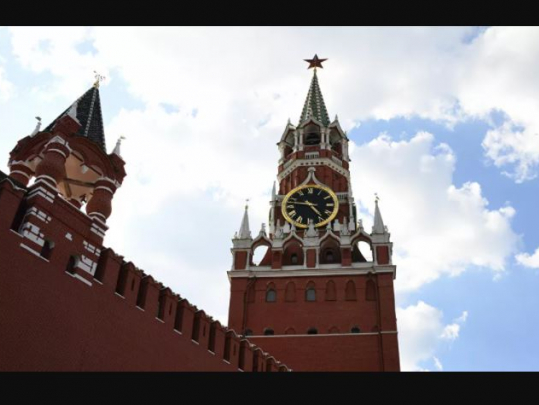
The National Security Strategy of the Russian Federation is a strategic document outlining the means by which citizens, society and the state are to be protected against external and internal threats in every sphere of national life. The first such document was created in 1997, and it has been continually updated to account for new developments.
Russian President Vladimir Putin has approved an updated Russian National Security Strategy, with the corresponding decree published on the state portal of legal information on Saturday.
"I hearby approve the attached National Security Strategy of the Russian Federation," the text accompanying the decree reads, with the order coming into force from the date of its signing.
National What?
The Russian National Security Strategy is a basic strategic planning document defining Russia's national interests and strategic priorities, outlining the means to protect citizens and the state from internal and external threats, and setting objectives for the strengthening of national security and ensuring sustainable development over the long term.
The new strategy replaces the previous version of the document, which was approved by Putin in late 2015. Before the president's signature, the updated strategy was reviewed and approved by the Russian Security Council in May.
What Does The Strategy Say?
The text of the new document suggests that Russia has demonstrated in recent years its ability to withstand foreign sanctions pressure, and notes that work to reduce dependence on imports in key sectors of the economy is to continue. Economic security is to be ensured by increasing competitiveness and resilience to both internal and external threats, and through the creation of suitable conditions for economic growth at rates higher than the global average, according to the strategy.
At the same time, it points to concepts discussed by NATO on the possibility of the use of nuclear weapons in wartime, and says that this development cannot but serve to increase the security risks faced by Russia. Dangers also result from the creeping militarization of outer space, and from risks associated with armed conflicts escalating into local and regional wars involving the world's nuclear powers. The document also constitutes efforts by the armies of some countries to train to disable critical information infrastructure in Russia, with foreign intelligence services said to have intensified their intelligence and other operations in the Russian information space generally.
"The growth of geopolitical instability and conflict, the intensification of interstate contradictions are accompanied by an increase in the threat of the use of military force," the document warns.
The policy document points to a weakening of generally recognized norms and principles of international law and the exhaustion or elimination of existing international institutions and treaties in the field of arms control, which it says only serves to increase tensions and aggravate the military-political situation, including along Russia's borders. It notes that Russia remains committed to strengthening the stability of the international legal system and to preventing its fragmentation, weakening or selective application.
The strategy suggests that growing geopolitical instability and conflict is a result of a redistribution in global development potential, with countries which are losing their unconditional leadership said to be trying prevent this from happening by hoping to dictate their own rules, to use unfair means of competition, to apply unilateral sanctions or to openly interfere in the internal affairs of other nations.
In these conditions, the document stresses the legitimacy of the use of both symmetric and asymmetric means to suppress or prevent "unfriendly actions" by actors which seek to threaten Russia's sovereignty or territorial integrity.
Need for Social Justice and Anti-Corruption Fight
The strategy also warns that "destructive forces" both within Russia and abroad are trying to use certain "objective difficulties" facing the country to try to destabilize the situation. The dangers stemming from these problems can be addressed if governance is improved and society's need for social justice is addressed, the document suggests.
"Against the background of persisting socio-economic problems faced by Russia, there is a growing demand from society to increase the efficiency of public administration, to ensure social justice, to strengthen the fight against corruption and the fight against the misuse of budget funds and strate property," the strategy notes.
The document places 'the highest priority' to the preservation of the people of Russia amid the continued demographic crisis facing the country. The strategy argues that the production of new domestically-developed vaccines is one of the means to ensuring the country's economic security.
New Priorities
Significantly, the updated National Security Strategy document includes the expansion of strategic cooperation with China and India in the list of Russian foreign policy priorities, with a view to creating mechanisms to ensuring regional security and stability on a non-aligned basis in the Asia-Pacific region.
The strategy also designates cybersecurity as a new strategic priority amid what it says is a significant rise in the number of attacks against the Russian IT sector and its information resources -with the purpose of these these attacks said to include interference in Russia's internal affairs.
Another significant development is an emphasis on the need to neutralize threats said to be associated with the distortion of history, the breakdown of basic moral and ethical norms, and attempts to inculcate foreign ideals and values in Russia in the areas of education, culture, and religion. In response to these developments, the strategy includes a new new national priority - centered around the protection of traditional national spiritual and moral values, culture and historical memory.
"Informational and psychological subversion campaigns and the 'Westernization' of culture increase the danger of Russia losing its cultural sovereignty," the document warns.
- Source : Ilya Tsukanov




